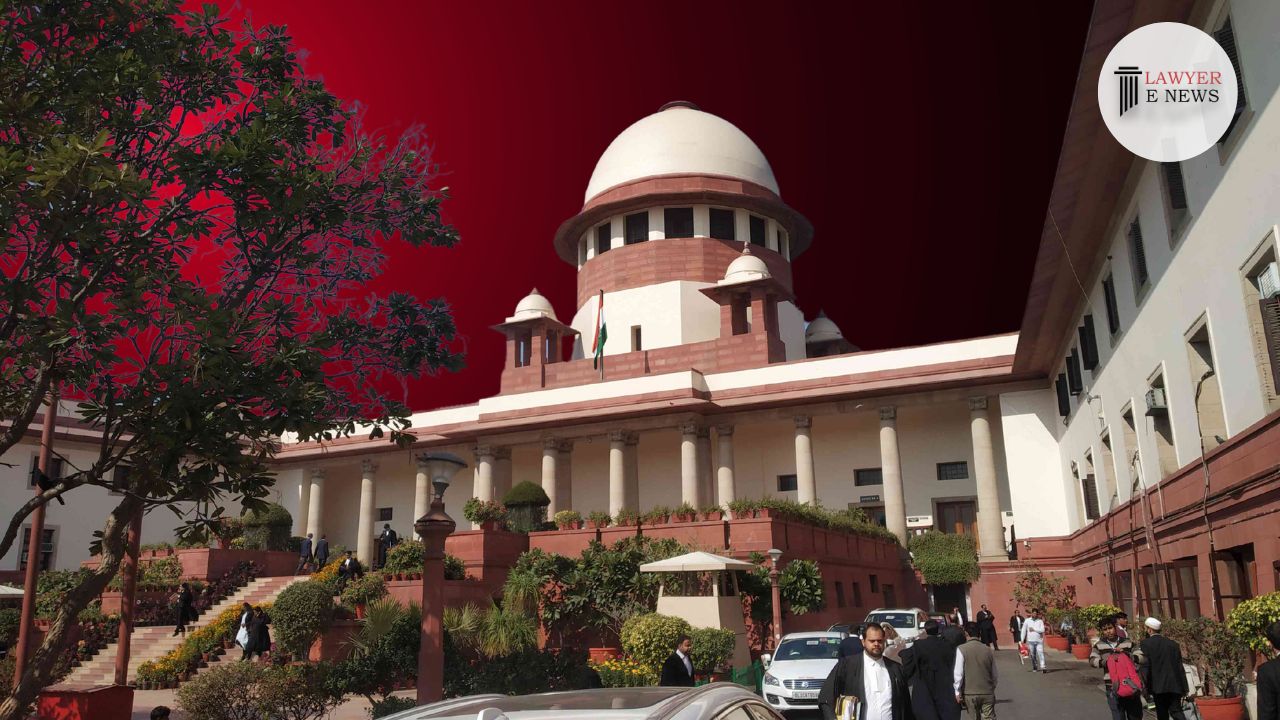-
by Admin
15 February 2026 5:01 PM



The Supreme Court of India, in a significant judgment, has acquitted Periyasamy (A1) and R. Manoharan (A2) in the sensational murder case stemming from a quarrel at a wine shop. Justices Hrishikesh Roy and Sanjay Karol presided over the appeal against the Madurai Bench of the Madras High Court’s judgment, which had upheld the Session Court’s verdict convicting the duo.
The judgment turned on the admissibility and reliability of witness testimonies, the validity of the police investigation, and the prosecution’s failure to meet the standard of proof beyond reasonable doubt in criminal proceedings.
The case involved the murder of two individuals during a quarrel at Saravana Wine Shop in Neithalur Colony on March 3, 2002. Periyasamy and Manoharan were accused of the murder and convicted by the lower courts. However, the appellants challenged the veracity of witness testimonies and pointed out lapses in the police investigation.
The Supreme Court found several inconsistencies in the testimonies of injured witnesses and noted the absence of independent witnesses, despite the incident occurring in a crowded area. The Court also criticized the police investigation for its “casual and callous approach”, highlighting the absence of scientific investigation at the crime scene, non-examination of critical medical personnel, and failure to provide a clear sequence of events.
The Court emphasized, “In our estimation, the prosecution case stands shaken beyond a point to which no conviction resting thereupon can be said to be just in the eyes of law.”
Decision: The Supreme Court allowed the appeals and acquitted A1 and A2, setting aside their convictions. The judgment underlined the principle of criminal convictions being based on evidence that meets the standard of proof beyond reasonable doubt, which, in this case, was not satisfied.
Date of Decision: March 18, 2024
“Periyasamy vs. The State Rep. By the Inspector of
